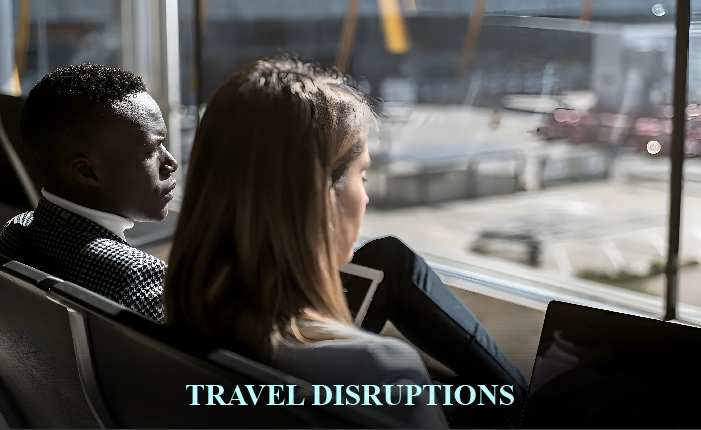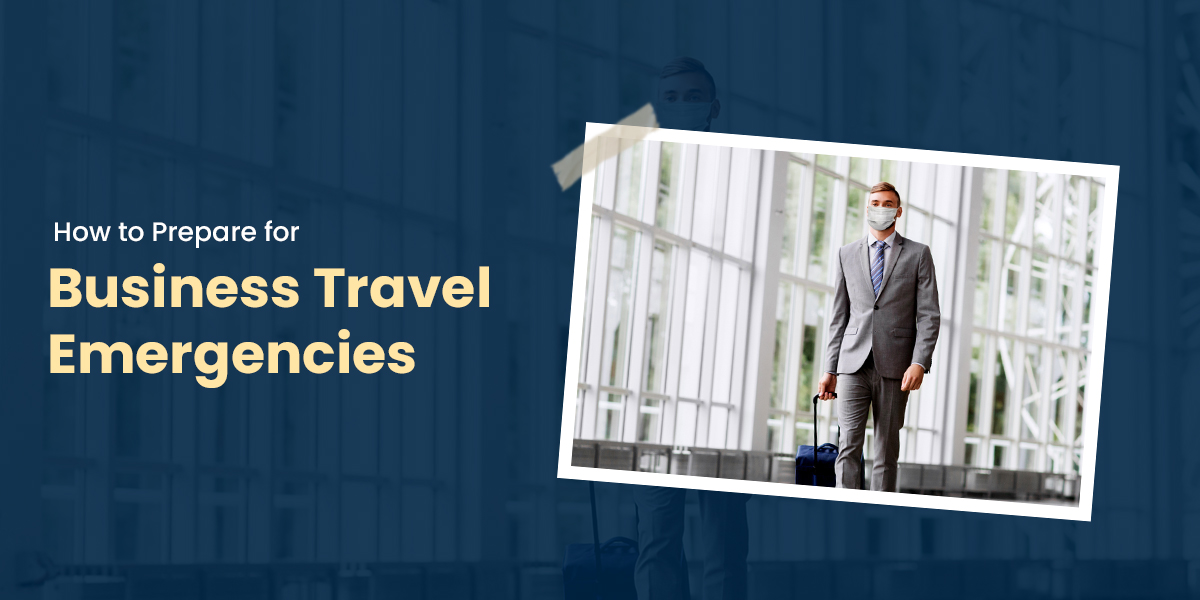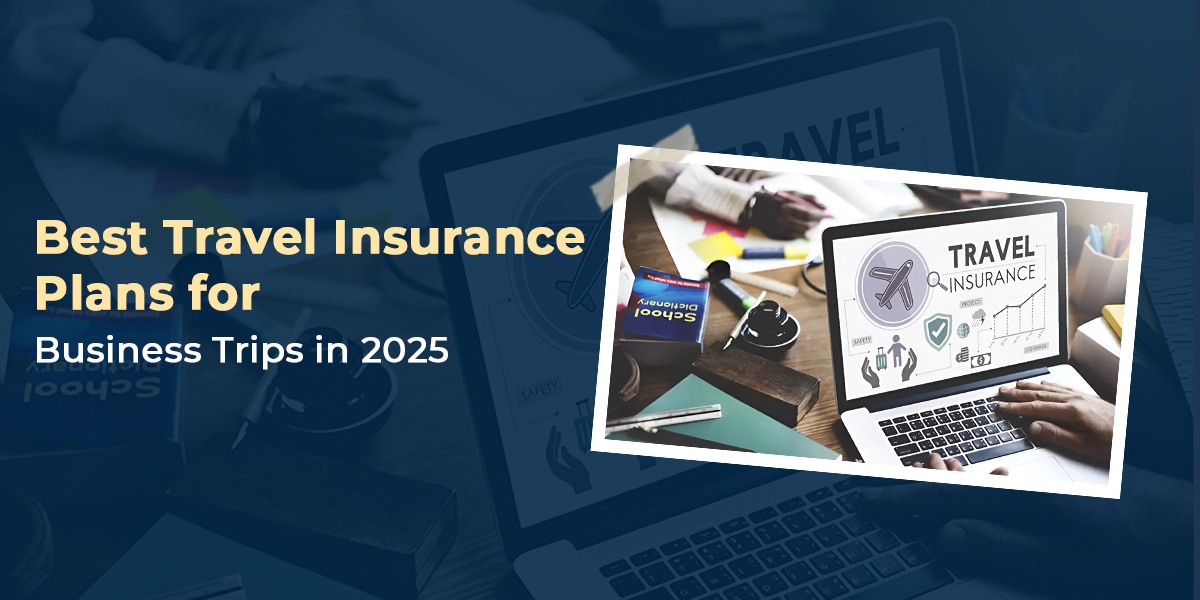In this blog, we're diving into the top 5 risks business travelers face today. Learn actionable tips on how to avoid them before they disrupt your journey. Ready to travel like a pro? Let’s break down the challenges and get you prepared for a safer, smoother trip!
Health and Medical Emergencies
Illness or injury risk while traveling abroad is one of the most serious concerns for business travelers. Even if it’s food poisoning, an accident, or an unexpected health issue, a medical emergency can cause delayed meetings or unnecessary stress.
Want to know the biggest problem? Accessing healthcare in a foreign country! Getting the right treatment is difficult if you’re unfamiliar with their local system or face language barriers.
Healthcare costs abroad are touching the skies, and therefore a minor medical issue could lead to unexpected expenses. Hence, it’s advisable to get healthcare insurance that includes medical evacuation or 24/7 assistance. Enjoy a comforting business trip abroad!
Security and Safety Threats
Traveling to new countries can cause different security and safety risks. These threats become more concerning when traveling to areas with high crime rates, political instability, or natural disaster-prone regions. Business travelers are particularly vulnerable since they often carry sensitive information and valuable devices that can attract theft or other threats.
In addition to theft, scams, and physical threats, emergencies like terrorism or natural disasters are real concerns. Moreover, over 70% of business travelers report having faced some form of security issue during their trips.
To protect from these risks, businesses must equip their teams with the right tools, such as real-time safety alerts or emergency contact lists. In the case of organized travel, team managers can seek support from travel management companies.
Cybersecurity Risks
Business travelers are major targets for cyberattacks, mainly when using unsecured networks during their trips. Airports, hotels, and restaurants are common hubspots for cybercrimes. While public WiFi is vulnerable to hackers looking to steal a company’s sensitive data.
Phishing, scams, and theft of confidential information can have severe financial impacts. Scaring, right? What measures can you take? How can you protect your company?
While traveling, always be extra cautious when connecting to public WiFi networks. One of the most secure ways is to use a Virtual Private Network (VPN), which encrypts your online activity and protects it from hackers. On top of that, businesses can play a vital role in cybersecurity by providing employees with training before their trips. It can help them recognize common threats, such as phishing or fake emails.
Travel Disruptions
Flight delays, cancellations, or unexpected changes in travel plans are part of business travel. These disturbances can turn into major headaches, especially when they interfere with planned conferences or client meetings. These troubles can affect productivity, impact client relationships, and hence lead to missed opportunities.
According to the US Department of Transportation, over 20% of flights get delayed each year due to unexpected cases. While the reason could be anything from a weather event to severe medical emergencies.
To reduce the impact of travel disruptions, business travelers should allow extra time between connections and keep flexible travel plans. This helps ensure that unexpected delays don’t cause major issues. Additionally, having access to 24/7 travel support can also help you find alternatives and stay on track. This way, you’ll be fully prepared no matter what comes up during your trip.
Cultural and Language Barriers
Businesses can be conducted anywhere around the world. This can’t be a problem, right? One of the biggest risks business travelers face is a lack of understanding of local customs or language. Since what might be considered polite and respectful in your country can be viewed as disrespectful in another.
Without having proper knowledge of their local culture, employees can’t build a professional relationship with their clients.
To mitigate these risks, invest time in cultural training before traveling to foreign markets. Respect their local customs and learn their dress code, etiquette, and social norms. With your adaptability and respectful behavior, you can build more stronger and successful business relationships.













